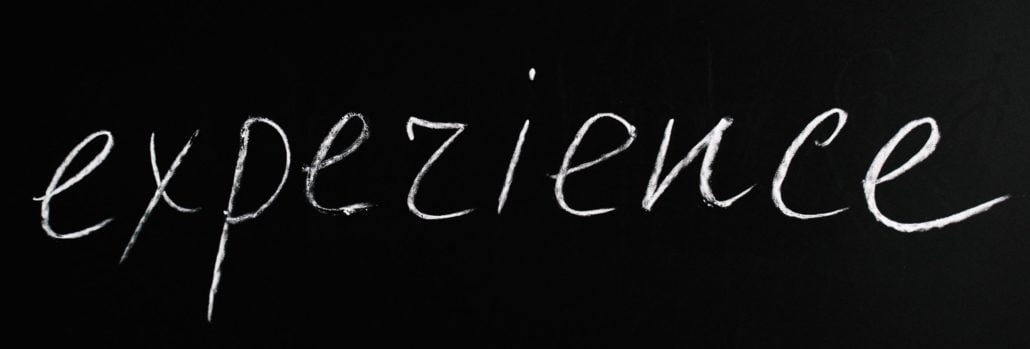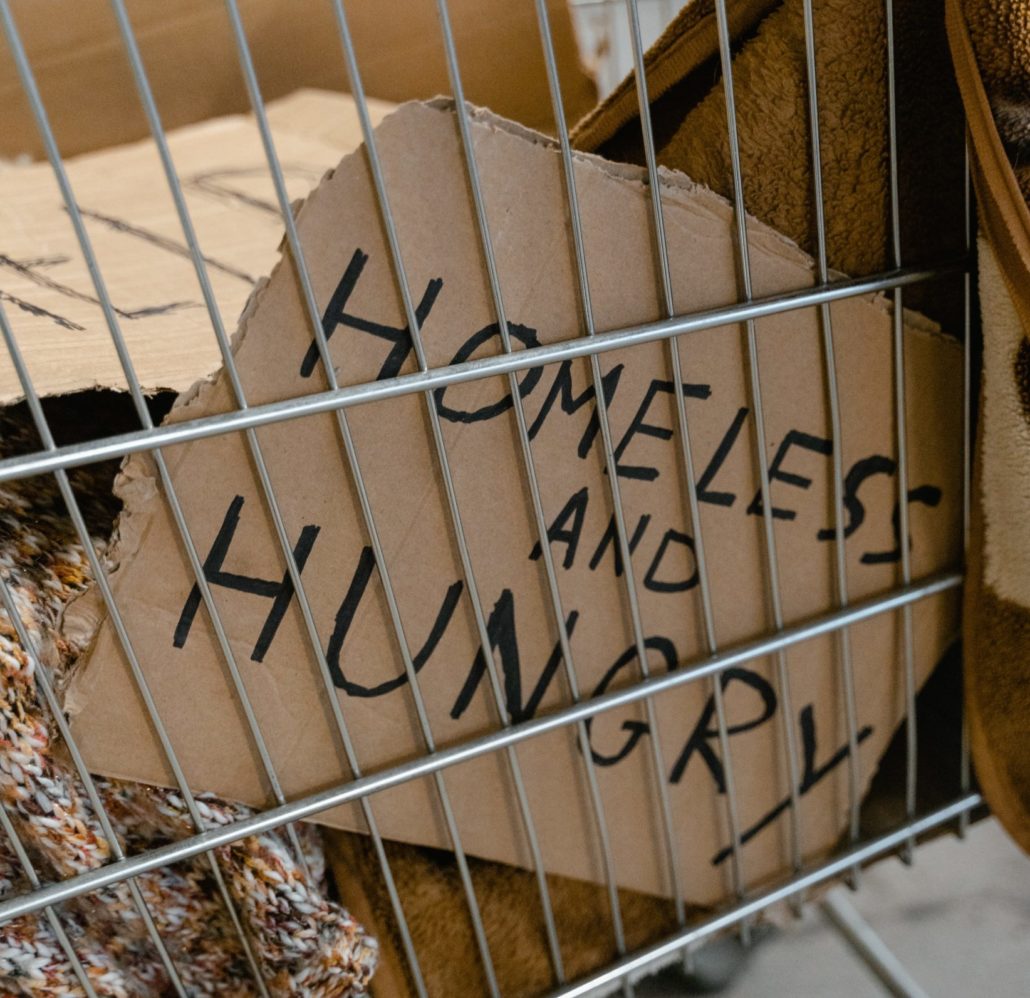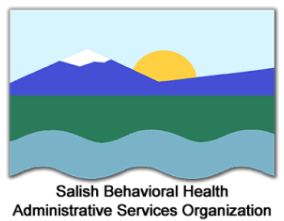
Lindsay Devitt has been working here at WSTC in the Washington Listens program, supporting callers who suffer COVID-19-related emotional and mental issues. As that program ends, a new program is in the works, and Lindsay has accepted the position of Peer Recovery Coach for the Recovery, Empowerment, Advocacy, and Linkage (REAL) Program.
Learning the REAL Program
The REAL Program is administered by the SBH-ASO*, a frequent partner with WSTC on community programs. Agape Unlimited will also be a partner. REAL is a Recovery Navigator program, meaning staff will be helping participants to navigate the system to get the things they need. That involves field work: going out to homeless camps and areas where participants may be, and providing screenings, needs assessments, referrals, and connections to services, among other supports.

One of the requirements for the REAL Program staff is “lived experience,” and Lindsay has shared some of her life experiences — and what she’s learned from them — that make her the right person to lead this program.
Hitting Rock Bottom
A new mother at 16, Lindsay dropped out of school with six-and-a-half high school credits. To deal with postpartum depression and the difficult changes in her life, she began drinking every day. In a downward spiral, she became addicted to heroin, and then meth.

“I was homeless and on heroin and meth for eight years. I lost my son. I was living in tents and cars. I was sleeping behind libraries. I was walking around at night to stay warm. I can’t even explain what it feels like when it’s raining, and it’s cold, and you can’t change your clothes, and you’re walking around, and you have nowhere to go. No phone. Nothing. If I had somebody to even come offer me a tent, it would’ve been the grace of God. It would’ve been a huge gesture to me.”
Leading the REAL Program With Compassion
Lindsay’s enthusiasm for the REAL Program stems not only from experience, but also from empathy. While some people see being unhoused or using substances as a choice, Lindsay sees only individuals in need. “I want participants to know that there’s still a chance, and that they matter. I want to let them know that if they choose to stay there, that’s OK, but if they want other options, we want to be there for them.”

She knows what it’s like trying to help someone in the field, too. “The mother of the little girl I’m raising is still out there, and I’m constantly looking for her. I’ve tried to get her help, to get her anything, so many times. She’s in a deep psychosis and can’t get herself any kind of help. But there hasn’t been much assistance for her. Through the REAL Program, there’s help for participants with severe mental illness. That’s another reason this program is so close to my heart.”
Achieving New Goals
In addition to accepting the new job, Lindsay just passed another major milestone: This week, she earned her GED. Before she came to WSTC, education wasn’t on her list of goals because that first step felt so unattainable, even after she’d overcome so many other obstacles. However, staff members who work with Lindsay recognize her potential, and encouraged her to go for it.

“Change is hard. Studying is hard. Failing is hard. I set goals for so many things in recovery — getting my kids back, having another baby, having a nice home, having a good job — but I never even tried to get my GED. The fact that I got it, I’m just blown away. I’m so proud. And I’m so proud of everything I’ve been through, too. I’m not ashamed of my past. If it wasn’t for my addiction and being down at the bottom, I wouldn’t know how good it feels to be here. This would just be another day.”
Heading Out Into the Field
Lindsay and the rest of the REAL Team will soon begin seeking out participants in the community and working to determine their needs and find solutions that meet them. And someday, those participants they engage will have stories similar to Lindsay’s, but they will be able to say, “I was walking in the rain with nowhere to go, and I was cold, and someone helped me. And that gesture made all the difference.”

* From the SBH-ASO homepage: “The State of Washington contracts with the Salish Behavioral Health Administrative Services Organization (SBH-ASO) to provide Behavioral Health Crisis Services and other state-funded non-Medicaid behavioral health services in the region.”

